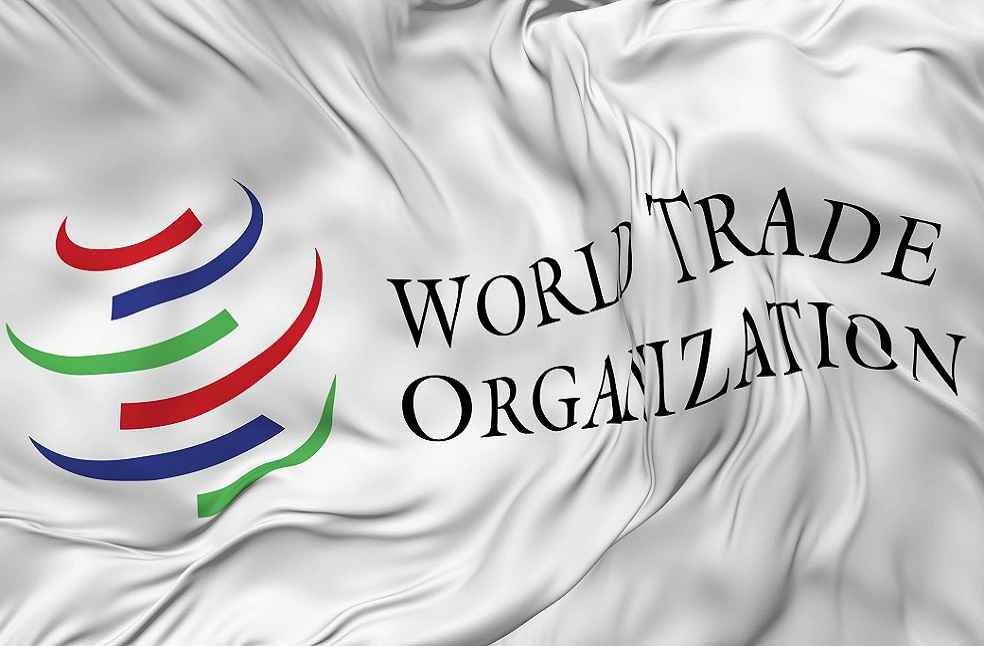India and Chinese Taipei have solicited a postponement of a ruling concerning import duties on certain information and technology products to World Trade Organisation (WTO). This plea was issued during a recent assembly of the WTO’s Dispute Settlement Body (DSB) in Geneva, where both nations are engaged actively in discussions to amicably resolve the dispute.
The issue, initially brought to the attention of the DSB by the European Union, Japan, and Taiwan, focuses on India’s imposition of import duties that, according to a panel report dated April 17, 2023, contravene established global trading standards. Specifically, these duties pertain to electronic goods such as cellular telephones, parts of telephone sets, and other communication devices.

The joint request by India and Chinese Taipei to defer the adoption of the DSB’s ruling until July 26, 2024, marks the fourth occasion both parties have sought additional time. This strategy allows them an extended period to explore resolution options without the immediate imposition of WTO-mediated penalties. According to WTO regulations, once a ruling is issued, it typically must be adopted within 60 days unless the involved nations agree to a postponement.
During the deliberations, it was emphasized that the disputed products fall under the Information Technology Agreement (ITA-2) of the WTO—a treaty not ratified by India. This fact underpins India’s defense and its ongoing tariff strategy regarding these tech products.

The agreement to delay was sanctioned by the DSB, reflecting a cooperative stance toward allowing member nations the latitude to resolve their disputes bilaterally. This case underscores the intricate interplay between national economic policies and global trade agreements, highlighting the challenges countries encounter in aligning domestic interests with international legal frameworks.
As the July 2024 deadline nears, the international community watches with keen interest, as the outcomes could set significant precedents for future trade disputes and the interpretation of WTO agreements.
DON’T MISS IT | Oil Price Surge and Middle East Tensions Threaten Global Supply Chain



